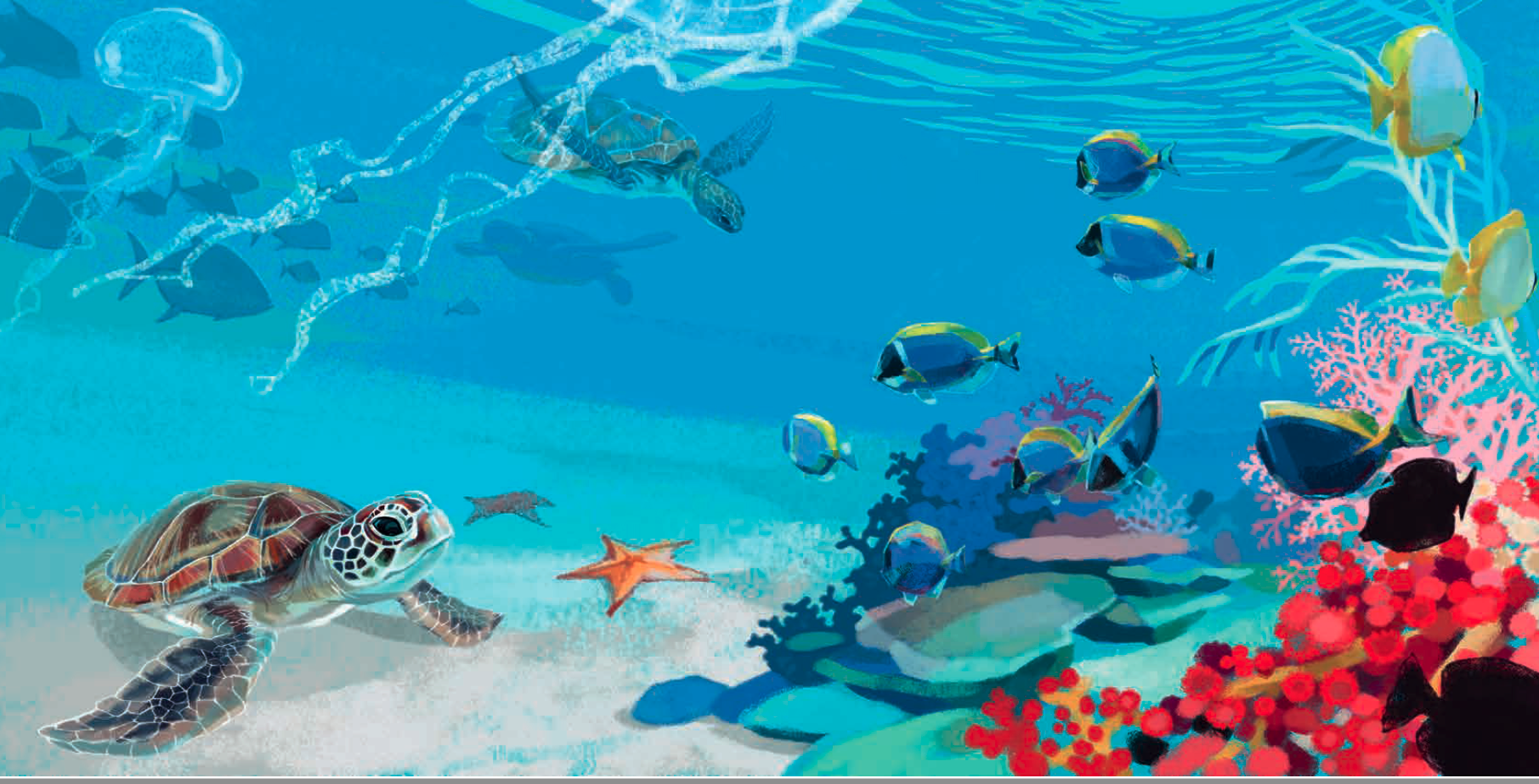Berlin Cosmopolitan School works to protect sustainable habitats / February 2nd is International Wetlands Day
Today is International Wetlands Day also known as the Ramsar Convention which was first held in 1971 in Ramsar, Iran. What was originally created to protect waterfowl and waders has changed in recent decades to provide holistic protection for sustainable habitats. And the Berlin Cosmopolitan School also contributes to educating schoolchildren about the protection of sustainable living spaces through numerous projects.
Protect nature through the forest school
One area in which the Berlin Cosmopolitan School is involved is climate and environmental protection based on primary experiences in nature. If children are allowed to learn from nature at an early age, this has a fundamental influence on their relationship with nature. They will begin to develop solutions to protect the environment because they understand that nature is where we all live together.
To pursue this goal, the Berlin Cosmopolitan School introduced the Forest School for the sixth grades in 2019. The sixth graders go to the forest for a whole day and are taught there. The curriculum was transferred to the forest for the nature day. Yvonne Wende, founder and managing director of the Berlin Cosmopolitan School, Kindergarten & Preschool, explains the advantages of the forest classroom: “The nature day differs from the normal classroom only in terms of the environment and the methodology of the daily routine. The children collect primary experiences with nature in the forest and this creates emotional connections, for example to environmental protection. The experience anchors itself emotionally, which leads to the development of a deep relationship with the environment.” The relationship with nature also strengthens the children’s willingness to learn and sharpens their interest in the planet.
Carbon neutral school
The Berlin Cosmopolitan School is now working intensively on the topic of corporate CO2 footprints together with the company Planetly, which specializes in CO2 management. The Berlin Cosmopolitan School would like to create transparency about its own CO2 emissions, then reduce them and compensate where necessary in order to finally make a contribution to climate protection as a climate-neutral company.
Holistic habitat sea
The book “Mathilda the Sea Turtle” by Felix Hess with illustrations by Oxana Polk has been published by Berlin Cosmication Content Verlag. The book is about the sea turtle Mathilda and her sometimes very dangerous life in the sea. On the one hand, it describes the natural dangers of a sea turtle. On the other hand, it compassionately shows what dangers it is exposed to that have been caused by humans.
For one thing, underwater plastic bags look like jellyfish to sea turtles, which in turn are part of the diet of these sea creatures. Mathilda’s sister eats one of these bags by mistake and dies. Another danger is modern fishing. Mathilda’s brother, along with dolphins, sharks and other unwanted by-catch, is caught in a huge net. Like many other creatures, it dies in the net of modern fishing.
The book clearly shows the dangers humans are responsible for in the sea. This is intended to show the reader their own responsibility. The book also provides ideas on how everyone can contribute to the holistic protection of the sustainable habitat of the sea.
Click here for the book Mathilda the Sea Turtle and for a conversation with the author Felix Hess.
About the Berlin Cosmopolitan School, Preschool and Kindergarten
The Berlin Cosmopolitan School is changing the traditional way schools and kindergartens work with different approaches to learning in the areas of nature and environmental protection, sports, new work, culture, dance, music and art and much more. The aim of the independent school, preschool and kindergarten is to bring all students along according to their abilities.
“When school motivates, everyone learns more” is the conviction of the Berlin Cosmopolitan School. Regular outdoor learning, sports activities and competitions, digital projects such as robotics, internships from grade 6, music-making from kindergarten age, dance clubs, bilingual education and much more help the children to discover and develop their own preferences and abilities.
Important concerns of the Berlin Cosmopolitan School, Kindergarten and Preschool are social justice, equal opportunities in education and a balanced community. The school regularly awards scholarships to students and accepts refugees. Through its established network and internationally trained staff, the educational institution has the opportunity to explore new educational paths for every age group.
The Berlin Cosmopolitan School was founded in 2003 as a non-profit organisation by Yvonne Wende. In 2004, the first bilingual (English-German) kindergarten and preschool opened for Berlin-Mitte with 18 children. Shortly after, the primary school started and most recently, in 2009, the accredited bilingual Gymnasium of Berlin Cosmopolitan School 01P22. Since then, the number of students has steadily increased. Approximately 1,000 students from all over the world are now being taught on the Rückerstraße and Invalidenstraße campuses. The kindergarten has grown to a number of more than 300 children between the ages of 1 and 6.
In 2013, Berlin Cosmopolitan School was accredited as an International Baccalaureate (IB) World School, first for primary school and also for the Gymnasium. The IB Learner Profile is about developing children and young people into lifelong learners. The school and kindergarten use primary experiences to design lessons.
